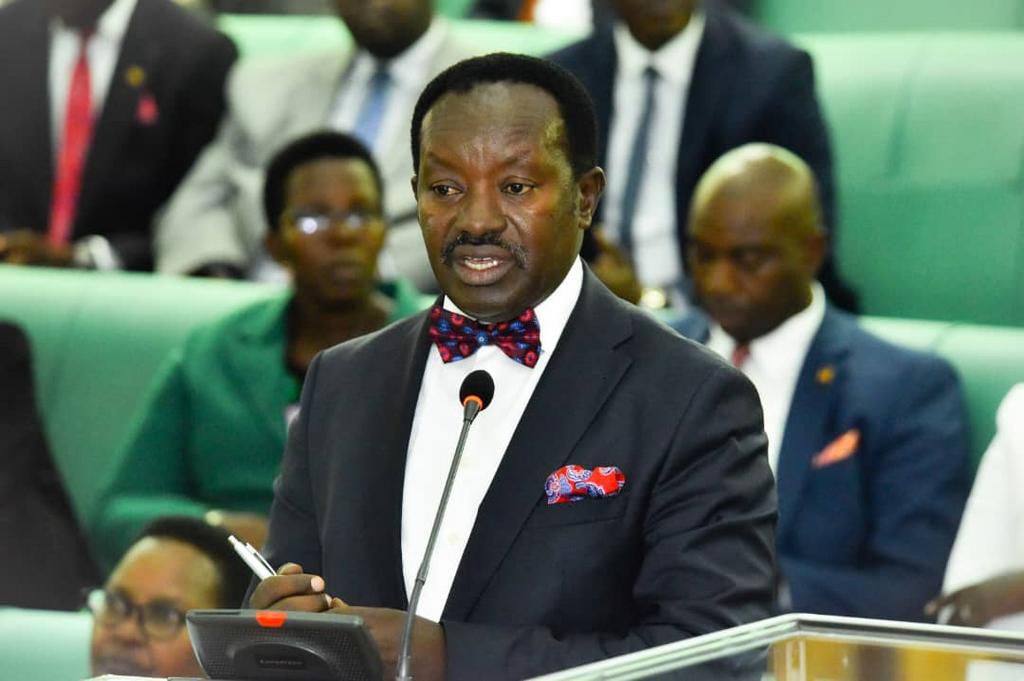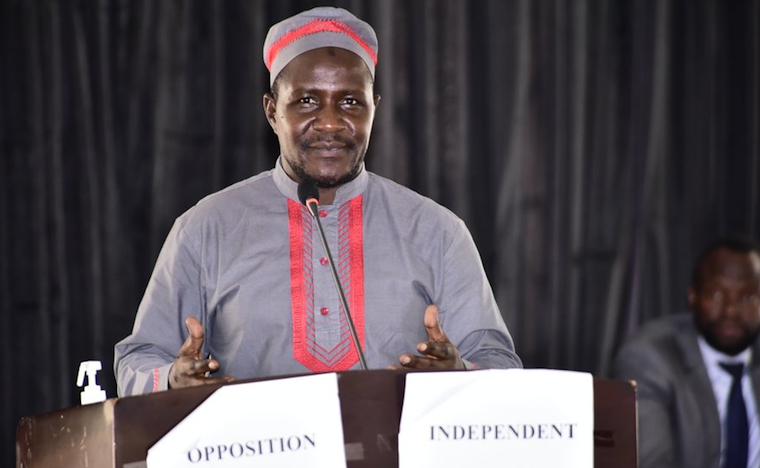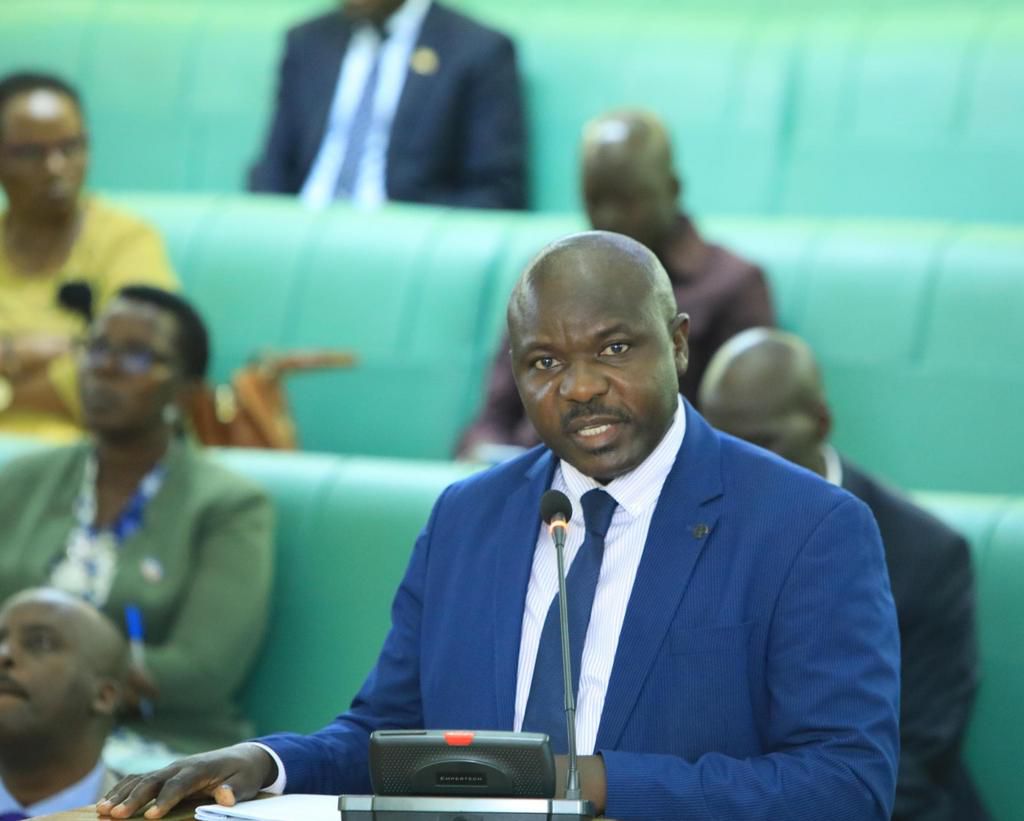MPs vote to dissolve NGO board, shift oversight to Internal Affairs Ministry
)
This decision was made during a plenary sitting on Tuesday, April 23.
Wilson Kajwengye, Chairperson of the Committee on Defence and Internal Affairs, outlined that the National Bureau of NGOs, which was previously under the NGO Board, will now operate as a department within the Ministry.
This change reverts to the pre-2016 structure, aiming to streamline government operations and reduce redundancies.

"The Non-Tax Revenue collected from NGO registration will also be mainstreamed into the Ministry," Kajwengye highlighted, noting that this restructuring would save the government approximately Shs1.1 billion annually in arrears associated with the NGO Board and its Adjudication committee.
The new law mandates a Secretary to head the Bureau, overseeing day-to-day operations, fund management, and administration of the Bureau’s property, under the supervision of the Permanent Secretary of the Ministry of Internal Affairs.
The bill faced some opposition, notably from Asuman Basalirwa, the MP for Bugiri Municipality, who criticised the existing bureaucratic hurdles in renewing NGO licenses.
"Getting information or renewal of licenses from NGO Board is extremely difficult," Basalirwa stated, questioning the rationale behind maintaining the current structure.

Conversely, Dononzio Kahonda of Ruhinda South County defended the Board's efficacy in enhancing registration, monitoring, and inspection processes.
Kahonda argued that NGOs and Community-Based Organizations (CBOs) contribute significantly to the Ugandan economy, reportedly bringing in a minimum of Shs4.5 trillion annually.
"It is the minority's concern that mainstreaming the Bureau as a department will deny the country the unique, specialized expertise required to oversee a rather complex and dynamic NGO sector," he remarked.

Echoing Kahonda’s concerns, Kiboga District Woman MP Christine Kaaya, also supported the minority report, stressing that the restructuring could jeopardize the timely inspections and monitoring necessary for NGO operations, which are crucial for donor satisfaction and national fundraising efforts.
The legislation marks a pivotal shift in the governance and regulation of NGOs in Uganda, promising a more centralized and presumably efficient framework, but not without significant debate over its potential impact on a critical sector of Uganda’s social and economic framework.
This content was created with the help of an AI model and verified by the writer
)
)
)
)
)
)
)